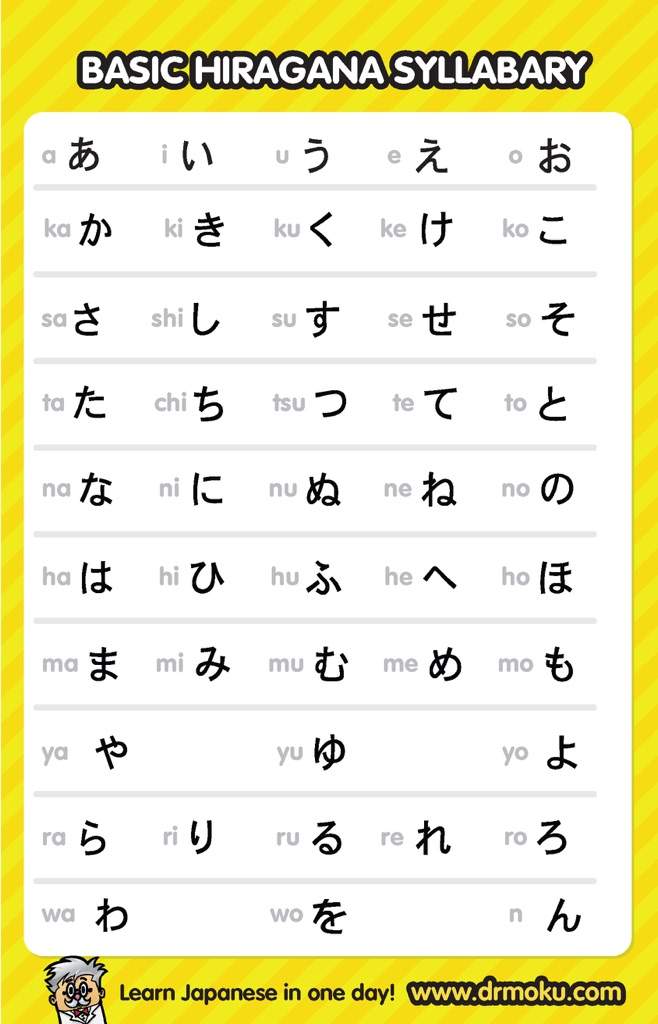

- #Basic japanese for beginners how to#
- #Basic japanese for beginners movie#
- #Basic japanese for beginners full#
But for foreigners (westerners), people add san after the first names such as Paul-san or Kate-san.Įxcept for the close relationships, people address almost anybody with san. It also covers the Japanese Language Proficiency Examination (JLPT) level N5. Genki also has exercise work books and CDs for better understanding. Are you learning Japanese Take this quiz and see if you're ready Test your knowledge of basic words and phrases you should already know. The instructions are delivered clearly and it makes the learning process fun. - Updated on: - 78,662 taken - User Rating: 3.4 of 5 - 58 votes - 51 people like it. In general, add " san" after one's family name.įor example, Mr. Genki is the most popular Japanese book series for beginners to learn Japanese vocabulary and grammar. Nihongo Life takes care of lots of things for you, so you can learn faster.
#Basic japanese for beginners how to#
See Rōmaji page to check how to pronounce Rōmaji letters. We focus on just one language and do it well. In this course, all the Japanese words and sentences are shown in Rōmaji (Roman alphabet).
#Basic japanese for beginners movie#
Opening the list of Todai JapanSe movies suggests you 'famous detective Conan' - a familiar cartoon for Japanese anime fans in general and the main movie series in. You can say this to thank the person who treated you the meal. So which movies are suitable for beginners to practice listening to Japanese easily and effectively Read all the articles of Todai Japanese to explore now 1. Literally means "It was a wonderful feast". You can say this to the person who is treating you the meal. Used when you start eating as a signal "Let's start". It sounds more polite.Īs a response, Iie. (Yes.) can be used to answer someone's call.ĭōmo sumimasen. Used when you talk to someone, and to apologize for small faults (Sorry.). JF Japanese e-Learning Minato is a Japanese language learning platform provided by the Japan Foundation. (literally means "No.") also can be used with the rising accent if it's not a big deal. gozaimas(u).Īrigatō gozaimashita.: To thank for something in the past. In general, used when people will not see each other for some time. Used at the beginning of the conversation, not at the end.

If you're planning a trip to Japan, then the people you meet at your destination will be thrilled to hear you use these expressions, even if they're the only ones you know: 1 Konnichiwa() Hello. In this podcast, Ami and Alex teach you some useful phrases to talk about peoples appearance in natural and fluent Japanese.
#Basic japanese for beginners full#
The last vowel "u" is not clearly pronounced. What will you learn in our Japanese course for beginners Participate in social activities Ask others for favors Apologize Describe personal skills and work. Japanese is full of simple phrases to start out a conversation. Read this page briefly and spend most of your time on drill exercise. : Learning Japanese Workbook for Beginners: Hiragana Katakana And Kanji - Quick and Easy Way to Learn the Basic Japanese Up-to 300 Pages (EXPANDED.


 0 kommentar(er)
0 kommentar(er)
